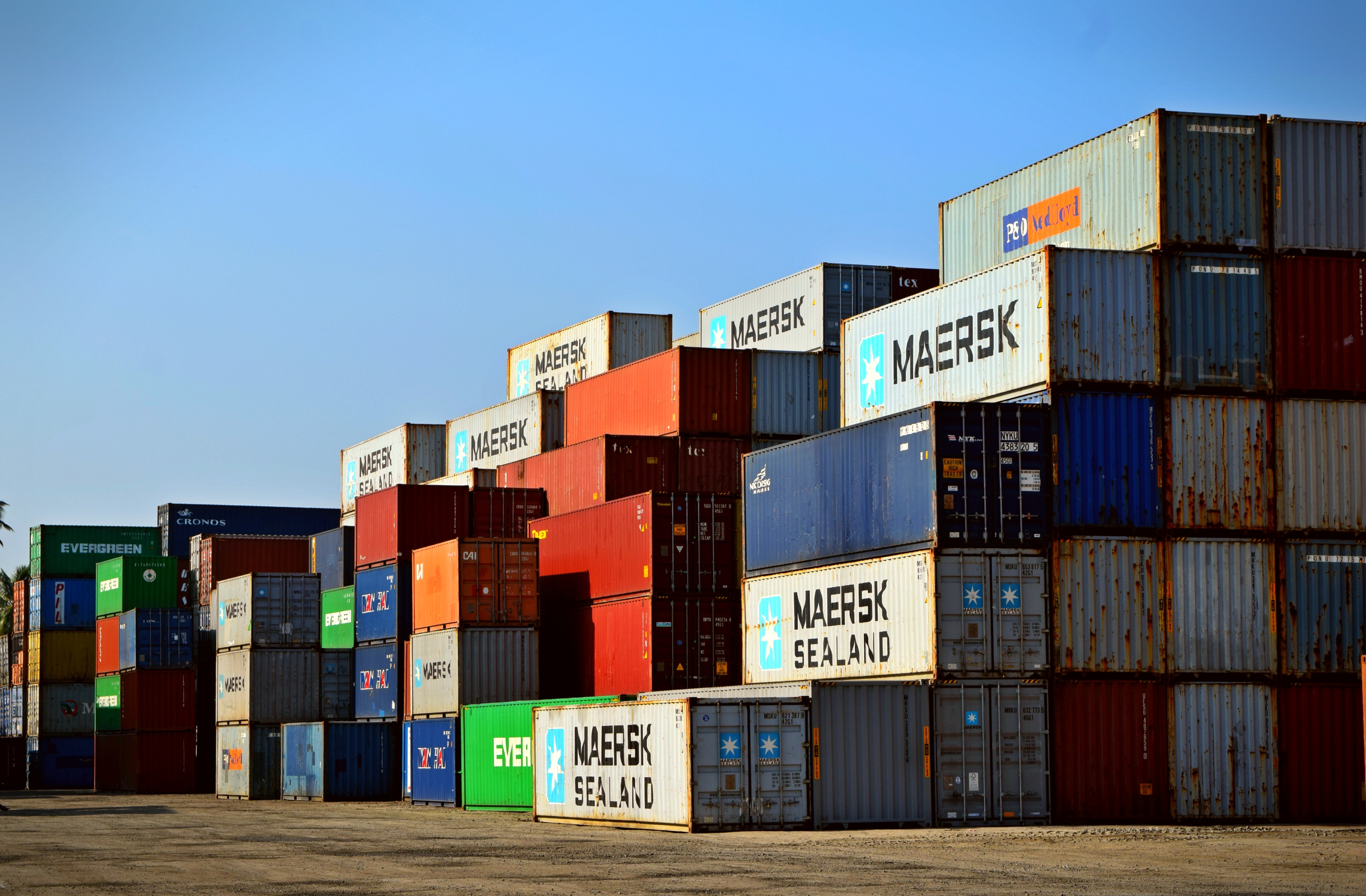Complete Guide to eFTI for Freight Transportation

What is the eFTI regulation?
The eFTI (electronic Freight Transport Information) regulation represents a major transformation of the European logistics sector, initiating the large-scale digitization of logistics flows. Approved in July 2021 by the European Union, it will come into force in August 2024, marking the gradual end of paper documents in freight transport.
The evolution of the European regulatory framework
Before July 2021: lack of standardization
Prior to July 2021, the European transport sector operated without a unified legal framework or common standard for electronic data exchange. This situation created major inefficiencies and additional costs for all players in the logistics chain.
Since July 2021: a new digital era
The political will to digitize and harmonize documentation practices across Europe is now underway. This is a tremendous turning point for the transportation market, both:
- Wonderful for its expected fluidity and the opportunities it presents
- Formidable due to its numerous implications and its still veiled complexity
The driving force behind this transformation will be the eFTI repository, comprising numerous human and technical bodies that guarantee system interoperability and data reliability. This development is central to the digitization of logistics flows in Europe.
The current challenges of digitization
Fragmented IT systems
Computer systems already exist in the sector. Taken individually, their performance is not the main issue. The real challenge lies in their interconnection:
- Current systems are the nodes of a network that is still relatively unconnected.
- Interoperability between different platforms remains limited
- Each actor uses its own standards and formats
Data quality and quantity
Data management presents several major challenges:
- Too much dysfunctional data that cannot be used effectively
- Not enough usable data to optimize processes
- Persistent tensions between the various players in the chain
Everyone has probably noticed this and expanded their ornithological vocabulary in the face of these daily frustrations.
Why will eFTI be different this time?
The strength of the legal framework
Why will it be different this time? Isn't digitalization just an old refrain that stirs up appealing concepts but never comes to fruition?
The answer is clear: because political will will become law, and virtuous laws will be enforced. Dura lex sed lex! By creating a legal and technical framework, eFTI is laying the foundations for a fully digitizable ecosystem that could not be built by a single player.
A comprehensive multimodal framework
This framework applies to all modes of transportation:
- Road transport
- Rail transport
- Maritime transport
- Air transport
The goal is to bring multimodal information to life, which will require mastering the interfaces between these different environments and cultures.
The concrete benefits of eFTI
In 2025, the benefits of eFTI are becoming increasingly tangible:
- Time savings during inspections by authorities
- Substantial savings for intermediaries
- Added value for operators, who will no longer have to perform manual data entry
- Improvement in the quality of data entered
- Reduction of human error in document processing
The implementation schedule
Phase 1: Specifications (2020-2022)
During this period, the objective was to establish:
- Technical specifications for the information to be converted
- Functional specifications of processing platforms
- Common standards for all Member States.
A critical milestone in this phase is the completeness of the specifications, the relevance of the proposed solutions, and the reliable identification of the needs and constraints of all stakeholders, led by the European Commission and the DTLF.
Phase 2: Implementation (2022–2024)
This crucial phase includes:
- The awarding of certifications to compliant platforms
- Upgrading existing IT environments
- Training for industry players
A critical milestone in this phase is the emergence of new players capable of orchestrating eFTI data processing in the most transparent way possible, by embracing the practices and constraints of the ecosystem.
Phase 3: Deployment (August 2024 and beyond)
By August 2024, the operators concerned will be able to transmit all regulatory information in a format accepted by all EU Member States and their competent authorities.
The critical milestone of this phase is widespread adoption: all companies, whether multinationals, SMEs, public or private sector, established or new entrants, will have to commit to eFTI while ensuring business continuity.
The importance of interoperability in 2025
If one thing is changing today, it is the sanctification of interoperability that stems from the political will for digitization and harmonization. eFTI skillfully brings together all links in the logistics chain and puts an end to the use of paper in contexts where modern technologies for large-scale information storage and sharing offer clear advantages.
Our mission to inform
This site is intended to be a reference for:
- Provide information on eFTI news
- Decipher the technical aspects of its implementation
- Provide keys to anticipate pitfalls
- Act as a watchdog within the transport community in France and Europe
- Promote the local and immediate added value of the eFTI spirit
The road ahead is long and time is of the essence, but the digitization of logistics flows and freight transport is now inevitable and offers considerable opportunities for the entire European logistics sector.








